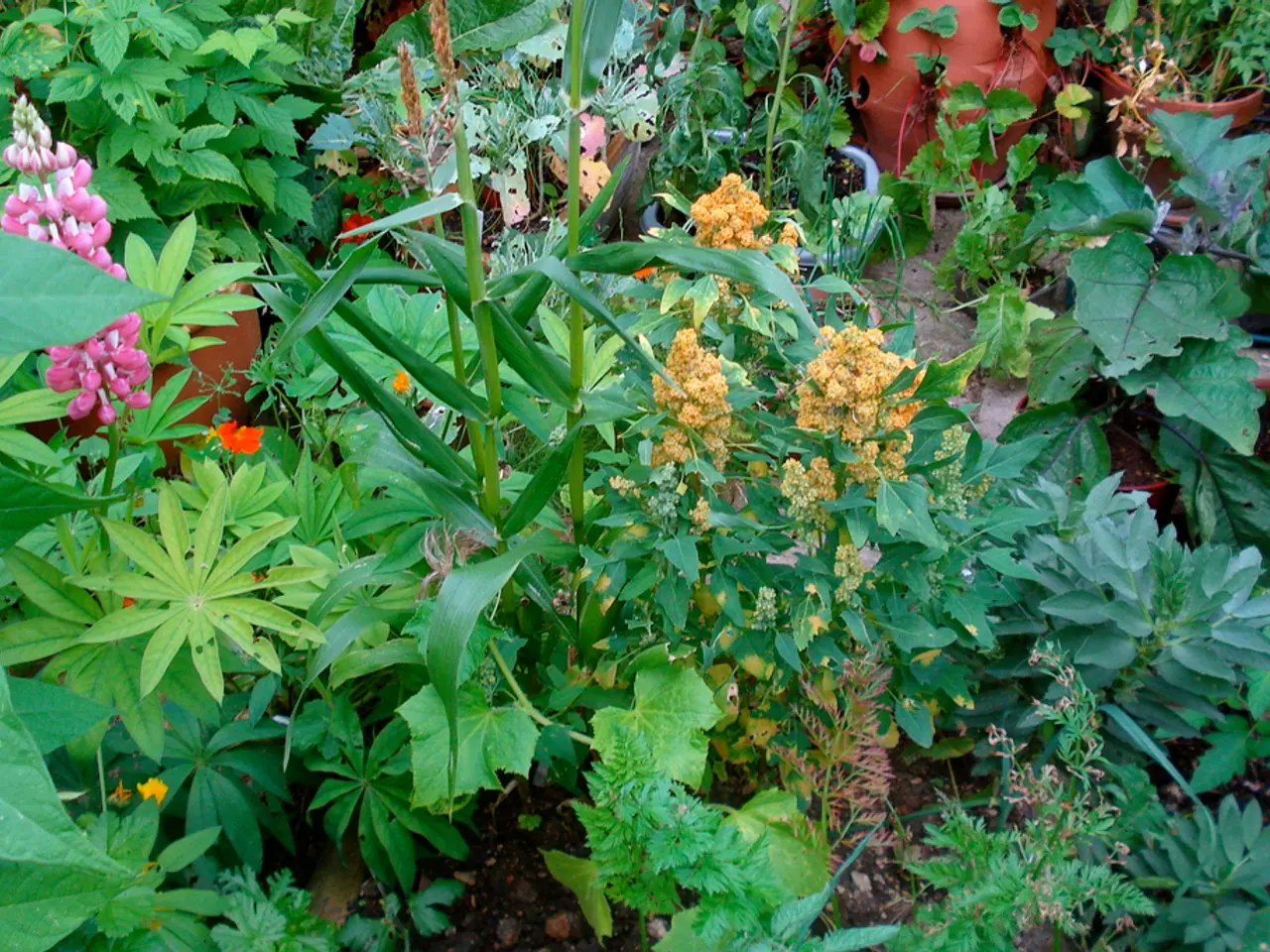Actions to Safeguard Nature During the Upcoming Eco-Week:
In the face of unprecedented challenges such as global health crises, extreme weather events, and environmental degradation, it's more important than ever to take action for the preservation of our planet. While planting trees and recycling are well-known steps towards sustainability, there are numerous impactful and accessible actions that individuals can take to drive environmental progress.
**Everyday Impactful Actions**
Minimizing energy use is crucial. Switching to LED lighting, unplugging devices when not in use, and opting for energy-efficient appliances can significantly reduce energy consumption. Adjusting thermostats to save on heating and cooling is another effective measure.
Water conservation is equally important. Fixing leaks, using water-saving fixtures, and reducing shower time can save thousands of gallons of water annually. Collecting rainwater for garden use is another eco-friendly practice.
Supporting clean energy is another key action. Advocating for renewable energy sources such as solar or wind, and participating in community initiatives that increase access to clean power can make a significant difference.
Choosing sustainable transportation is another way to reduce one's carbon footprint. Walking, biking, carpooling, or using public transit instead of single-occupancy vehicle trips are all effective choices. If electric or hybrid vehicles are available, they are worth considering.
Mindful consumption is also essential. Buying less, choosing products with minimal packaging, and supporting companies with sustainable and ethical practices are all steps towards a more sustainable lifestyle. Eating more plant-based meals and locally sourced foods can also reduce your carbon footprint.
**Community and Advocacy**
Engaging in local climate action is another important aspect. Joining or supporting local environmental groups, participating in community events focused on sustainability, and advocating for city-level improvements such as efficiency upgrades to municipal buildings and vehicles can have a significant impact.
Educating and mobilizing others is also crucial. Sharing knowledge about environmental issues and solutions with friends, family, and on social media can raise awareness and drive collective action. Organizing or participating in Earth Action events can help raise awareness and inspire change.
Supporting policy and collective action is another vital step. Voting for leaders and policies that prioritize environmental protection, and encouraging businesses and institutions to adopt sustainable practices are all ways to drive systemic change.
**Broader Impact**
Investing in the environment is another way to make a difference. Supporting conservation organizations financially or through volunteering, and encouraging your employer to invest in green initiatives are all effective ways to contribute.
Building community resilience is also important. Participating in programs that restore habitats, protect waterways, or promote biodiversity can help create a more sustainable future. Supporting Indigenous-led conservation efforts and other community-led environmental projects is another way to make a difference.
By embracing collective action, mindful consumption, and advocacy—alongside personal lifestyle changes—individuals can help drive significant environmental progress beyond planting trees and recycling. Raising awareness and involving those around us can have a greater impact on preserving the planet.
Small efforts like turning off the tap while brushing teeth, watering plants during cooler times of the day, and using a bucket for cleaning can have a significant long-term impact on water conservation. Opting for reusable bags, bottles, and containers instead of single-use plastics is beneficial for the environment.
Teaching children and younger siblings the value of natural resources and understanding how every little action counts in preserving our planet can inspire a new generation of environmental champions. Making recycling a part of your daily routine contributes to a cleaner, greener planet. Choosing eco-friendly products reduces one's environmental footprint.
The urgency to take care of the planet has never been more pressing. It's time for all individuals to take actionable steps to preserve and protect the environment for future generations. Environment Week is a celebration opportunity to reflect on actions and make conscious decisions to protect the Earth. Composting organic waste is a way to recycle and reduce the amount of waste produced.
- Incorporating microgreens and other plants into one's home and garden can contribute to a more sustainable lifestyle, enhancing both the environment and one's personal space.
- Investing in eco-friendly garden accessories, such as organic fertilizers and biodegradable pots, aligns with the principles of environmental science and reduces one's carbon footprint.
- Supporting local nurseries that prioritize organic farming methods and sustainable practices can foster a greener city, inspiring a trend in urban gardening and balcony farming.
- Fashion-and-beauty and home-and-garden industries are increasingly incorporating sustainable practices, offering a variety of accessories for both interior design and personal adornment that are friendly to the environment.
- Online platforms can provide resources for learning about climate-change, environmental-science, and sustainable gardening, empowering individuals to make informed decisions and take action towards preserving the planet.
- Growing and consuming microgreens can be fun and rewarding, offering a fresh, organic alternative to commercially produced produce, and contributing to a more environmentally-friendly diet.
- handful of microgreen seeds, planted in a small planter on a windowsill, serves as a visual reminder of the impact that even small efforts can have on the environment, inspiring individuals to take further steps towards sustainability and the preservation of our planet.




